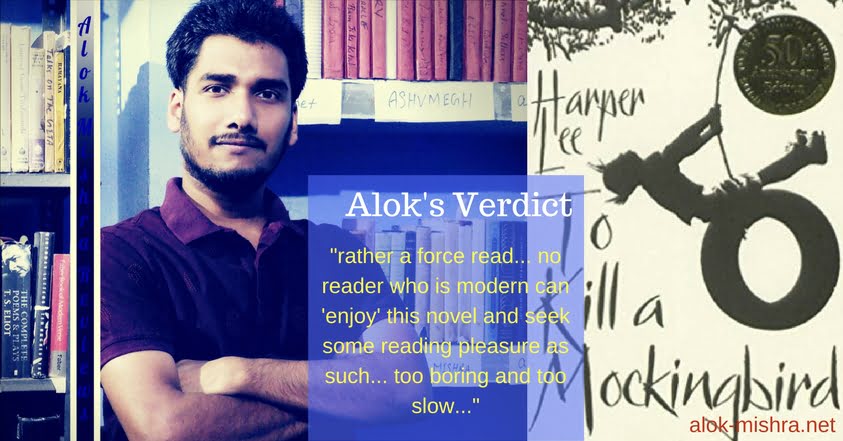First and foremost a poet, Alok Mishra is an author next. Apart from these credentials, he is founder & Editor-in-Chief of Ashvamegh, an international literary magazine and also the founder of BookBoys PR, a company which helps writers brand themselves and promote their books. On this blog, Alok mostly writes about literary topics which are helpful for literature students and their teachers. He also shares his poems; personal thoughts and book reviews.

Yes! It can’t be a happy read. One can’t finish reading this book only by chaining his mind and ignore the boredom.